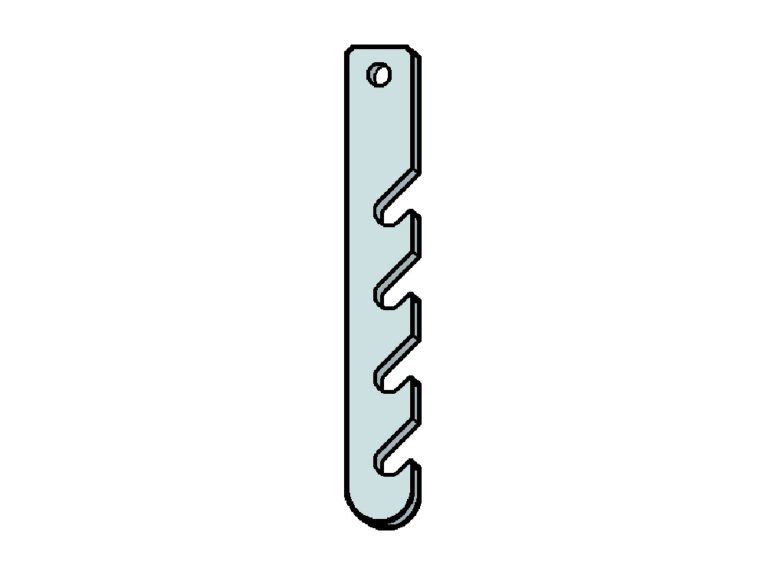Verb: devoir
1. To Have To – Expressing Necessity and Obligation:
The primary meaning of “devoir” is to express necessity and obligation, akin to “to have to” or “must” in English. It emphasizes the requirement to perform an action or fulfill a duty.
Examples:
- Je dois partir maintenant. (I have to leave now.)
- Tu dois étudier pour réussir tes examens. (You must study to pass your exams.)
- Nous devons terminer ce projet avant la fin de la semaine. (We have to finish this project by the end of the week.)
Conjugations:
- Present tense:
- Je dois
- Tu dois
- Il/Elle/On doit
- Nous devons
- Vous devez
- Ils/Elles doivent
- Passé composé (Present perfect tense):
- J’ai dû
- Tu as dû
- Il/Elle/On a dû
- Nous avons dû
- Vous avez dû
- Ils/Elles ont dû
- Present conditional:
- Je devrais
- Tu devrais
- Il/Elle/On devrait
- Nous devrions
- Vous devriez
- Ils/Elles devraient
- Past conditional:
- J’aurais dû
- Tu aurais dû
- Il/Elle/On aurait dû
- Nous aurions dû
- Vous auriez dû
- Ils/Elles auraient dû
- Future tense:
- Je devrai
- Tu devras
- Il/Elle/On devra
- Nous devrons
- Vous devrez
- Ils/Elles devront
2. Ought To – Expressing Moral or Social Expectations:
“Devoir” also conveys the sense of “ought to” in English, indicating what is morally or socially expected of someone.
Examples:
- Tu devrais écouter tes parents. (You ought to listen to your parents.)
- Nous devrions être plus respectueux envers les autres. (We ought to be more respectful towards others.)
- Ils devraient aider leurs voisins dans le besoin. (They ought to help their neighbors in need.)
3. To Owe – Indicating a Debt or Gratitude:
In certain contexts, “devoir” expresses the idea of owing, whether it’s a financial debt or a sense of gratitude.
Examples:
- Je te dois de l’argent. (I owe you some money.)
- Elle lui doit un favor. (She owes him a favor.)
- Nous devons notre succès à notre équipe dévouée. (We owe our success to our dedicated team.)
The Present and Past Conditional as “Should” and “Should Have”:
The present conditional form of “devoir” can be translated as “should” in English. It expresses advice, suggestions, or recommendations.
Example:
- Tu devrais prendre plus de repos. (You should get more rest.)
Similarly, the past conditional form of “devoir” can be translated as “should have” in English. It expresses regret or the idea that something should have been done differently in the past.
Example:
- Elle aurait dû lui parler plus tôt. (She should have talked to him earlier.)
Etymology of “Devoir”:
The origins of “devoir” can be traced back to the Latin verb “debere,” meaning “to owe” or “to have to.” As French evolved from Latin, “debere” transformed into “devoir,” carrying both meanings of obligation and indebtedness.







One Comment
Comments are closed.